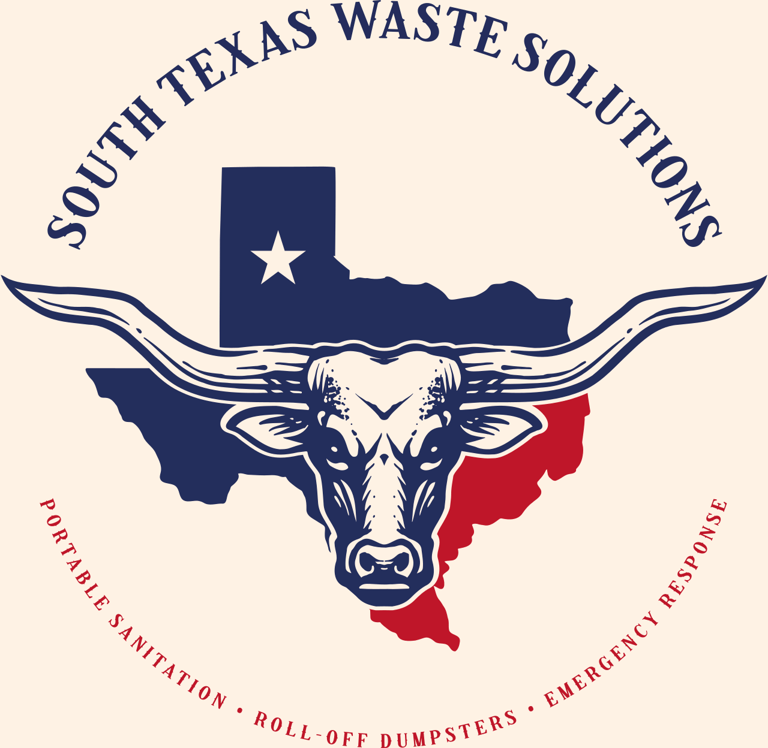Navigating Challenges in the Portable Toilet Industry
10/18/20242 min read


Introduction to the Portable Toilet Business
The portable toilet industry has gained significant prominence in recent years due to its essential role in providing sanitation solutions for various events and construction sites. Companies that specialize in this sector offer a vital service, ensuring hygiene and comfort for individuals in temporary settings. However, many operators in the portable toilet business face numerous challenges that can hinder their efficiency and success.
Common Challenges in the Industry
One of the primary challenges in the portable toilet business is maintaining regulatory compliance. Operators must navigate a complex web of local, state, and federal regulations governing sanitation and waste management. This often requires substantial administrative effort and continuous training to ensure all employees adhere to the necessary guidelines.
Another significant challenge is managing logistics and fleet maintenance. As demand fluctuates based on seasons or special events, portable toilet operators must efficiently manage their inventory and ensure timely delivery and servicing. Moreover, the maintenance of portable toilets is crucial to uphold sanitation standards, necessitating a reliable fleet and maintenance schedule that can sometimes stretch resources thin.
Adapting to Market Expectations
Moreover, customer expectations are constantly evolving. The rise of eco-conscious consumers has sparked a demand for environmentally friendly options. Businesses in the portable toilet sector are pressured to adopt sustainable practices, providing products that feature biodegradable materials and efficient waste disposal processes. Embracing green technologies can require a hefty investment, but it’s essential for companies to remain competitive and cater to this growing segment of eco-aware clients.
Lastly, the COVID-19 pandemic has introduced unprecedented challenges, requiring portable toilet operators to increase sanitary measures. Ensuring regular cleaning and promoting awareness about hygiene practices have become paramount. Companies are now obligated to invest in enhanced cleaning protocols and materials that can repel germs, further contributing to operational costs. The successful navigation of these challenges is critical for businesses determined to thrive in the portable toilet market.
Conclusion
In conclusion, although the portable toilet business plays a crucial role in maintaining public sanitation during events and construction, operators face a myriad of challenges that range from regulatory compliance to adapting to market demands. By implementing innovative practices, maintaining robust fleet management systems, and embracing environmentally friendly solutions, portable toilet businesses can not only address these challenges but also position themselves for growth and success in the future.


